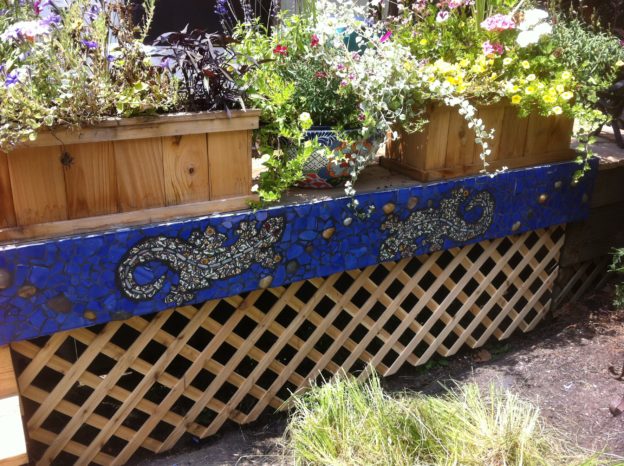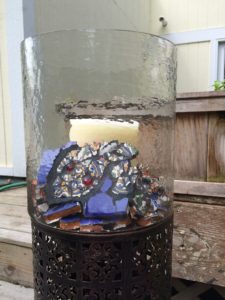Scripture focus:
The truth is, anyone who believes in me will do the same works I have done, and even greater works, because I am going to be with the Father. You can ask for anything in my name, and I will do it, because the work of the Son brings glory to the Father. Yes, ask anything in my name, and I will do it! (John 14:12-14, NLT)
I believe God has a plan for each of us. Not some sort of cosmic predestination or fate. A uniquely created purpose, an individual destiny, a divine destiny – divine because God created it for us. Our created purpose or destiny is the reason God designed each of us so carefully, with special gifts and talents. Discovering what that created purpose is should be a primary goal as we follow Jesus. Without an understanding of our created purpose, without a sense of why God wired us the way God did and gave us the talents and gifts that God did, we will continually struggle with the connections between our faith and daily lives. We will have no basis for understanding God’s plan in connecting our faith with the activities that go on around us day after day. Jesus promised that we would do greater things even than he did. We will never be able to fully claim that promise for ourselves if we lack an understanding of what our purpose within God’s kingdom actually is. We must discover our Kingdom niche.
An important first step in this process of discovery is to examine the gifts and talents that God has given us. It can sometimes be difficult to identify our particular “gifts,” but be assured, all of us have talents and gifts. What we often miss as we try to identify our gifts is one of the clearest signs – enjoyment. The things we enjoy are frequently connected to the areas in which we have talent.
My experience with writing is an easy example of this. I love to write and am also fairly good at it. Yet, at one time I believed that to be able to use my writing in ministry would be “too good to be true.” One of the tragedies of our current age is that we have lost a sense of the Holy Spirit working in our lives. I certainly missed it when I dismissed my enjoyment of writing rather than recognizing that enjoyment as the working of the Holy Spirit urging me to take something that I did well and use it for God’s purpose. I probably would have been content to privately enjoy my writing if a colleague had not suggested that quite possibly God had blessed me with a love of writing precisely because God wanted me to use it as part of my ministry. What an eye opener that was! Using my writing as part of my ministry had seemed like a luxury, when actually it was a necessary part of the way God intended to use me.
God has blessed each of us with a unique assortment of talents. God has given you a love for something because God desires that you use that something as part of God’s overall Kingdom work. When we develop an understanding of how God has gifted us, we gain insight into our divine destiny – our Kingdom niche. We’re better able to see what needs to be done to exercise those gifts as a deliberate part of our created purpose. For some of us that might mean moving into territory that makes us uncomfortable, or undertaking challenges that enable us to develop our abilities more fully. For all of us though, it never means taking on commitments that do not suit us.
I have a dear friend who wanted to sing in the choir at his church. He came to rehearsals and was warmly welcomed. After a few weeks, however, he realized that he just is not, and probably never will be, a singer. He decided that the choir was probably not a part of his overall Kingdom niche. Now he teaches a high school Sunday school class – something he does very well and really enjoys.
Jesus promised that we would do even greater things than he did. As you pray and fast this month, open yourself to the movement of the Holy Spirit to make you more aware of your gifts and talents. Maybe you need to spend some time thinking about your giftedness. Create a list, beginning with the things you enjoy. Focus on one of the abilities that you have listed. How might you use this gift for God?
Through this process, I pray that you would become more and more aware of your own gifts and talents and open yourself to God’s power to use them. I pray as well that having done that, your faith and your daily life will become intimately connected as God uses you for Kingdom work.










